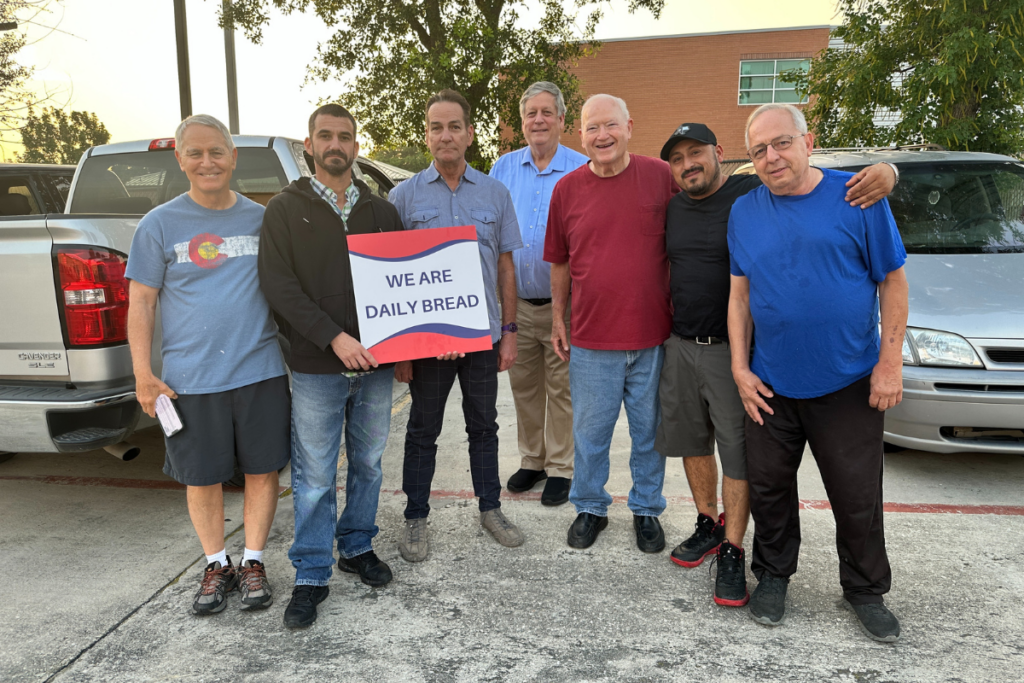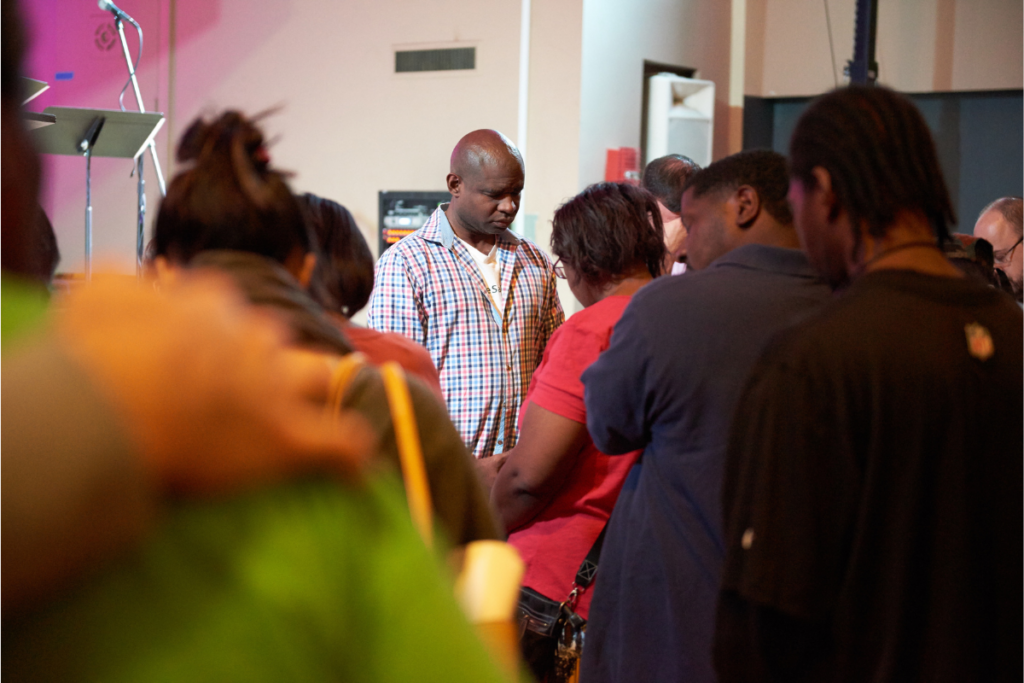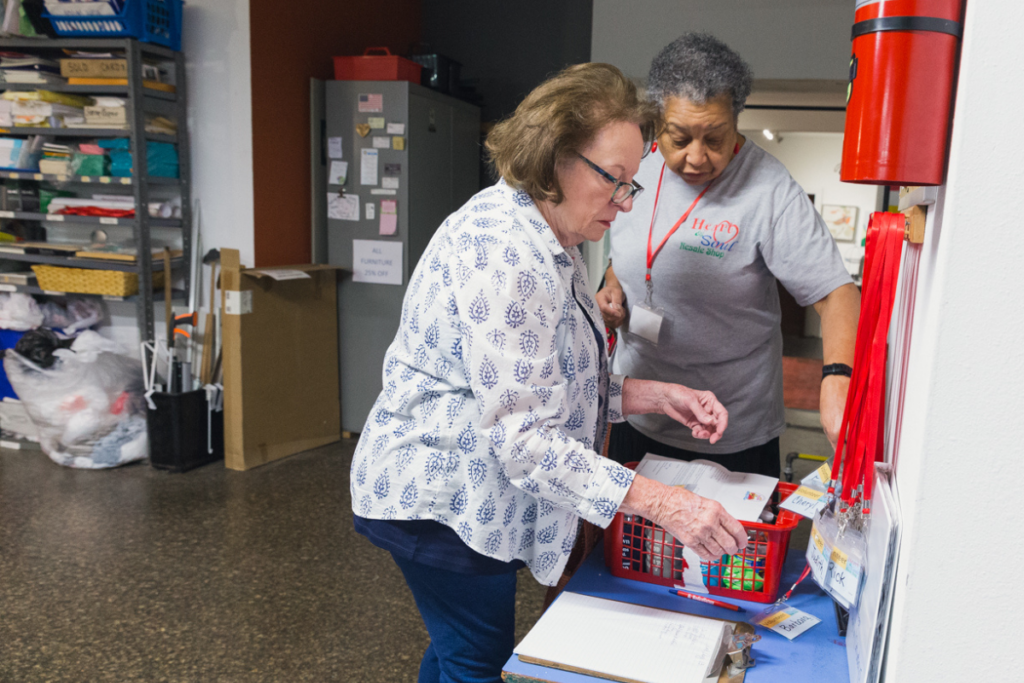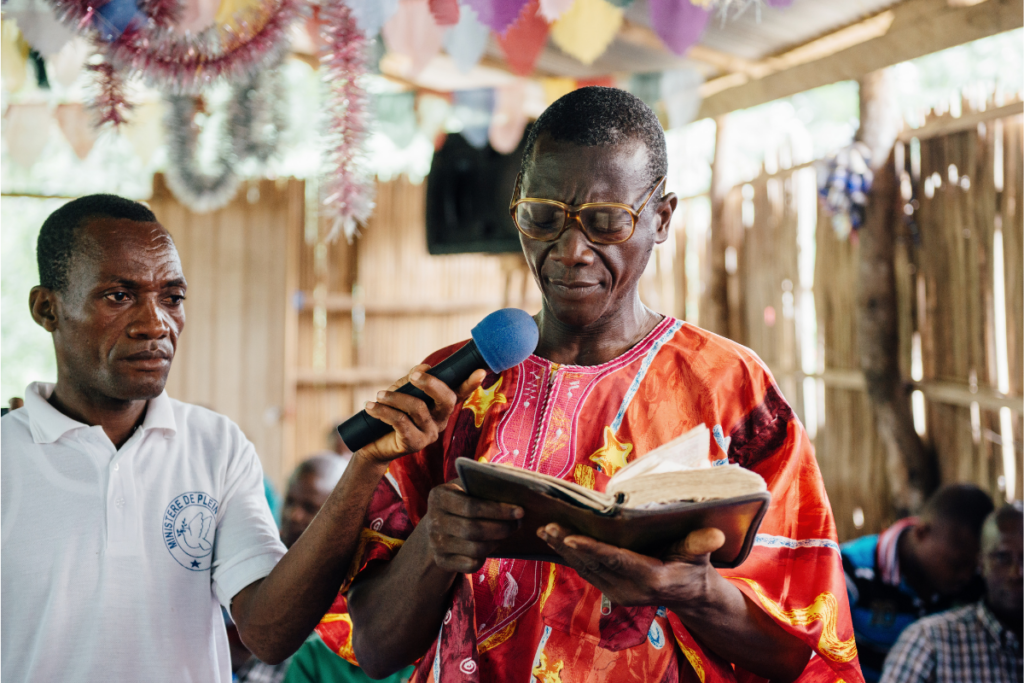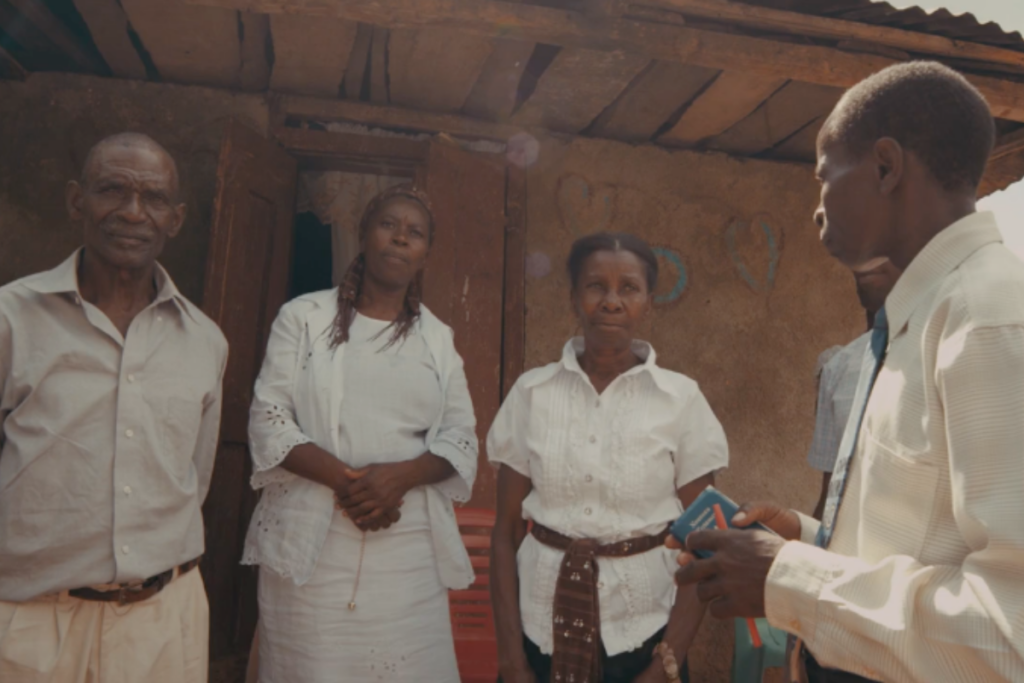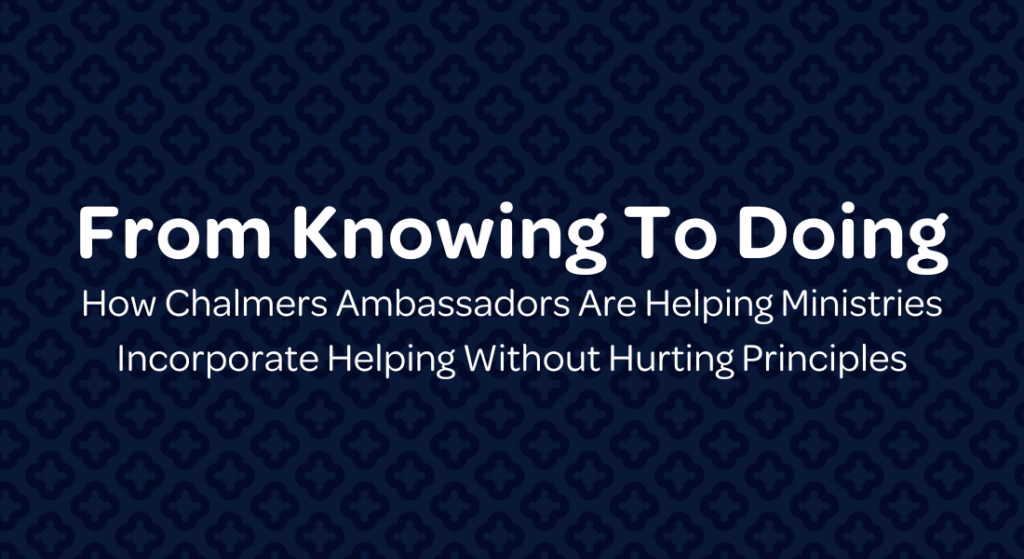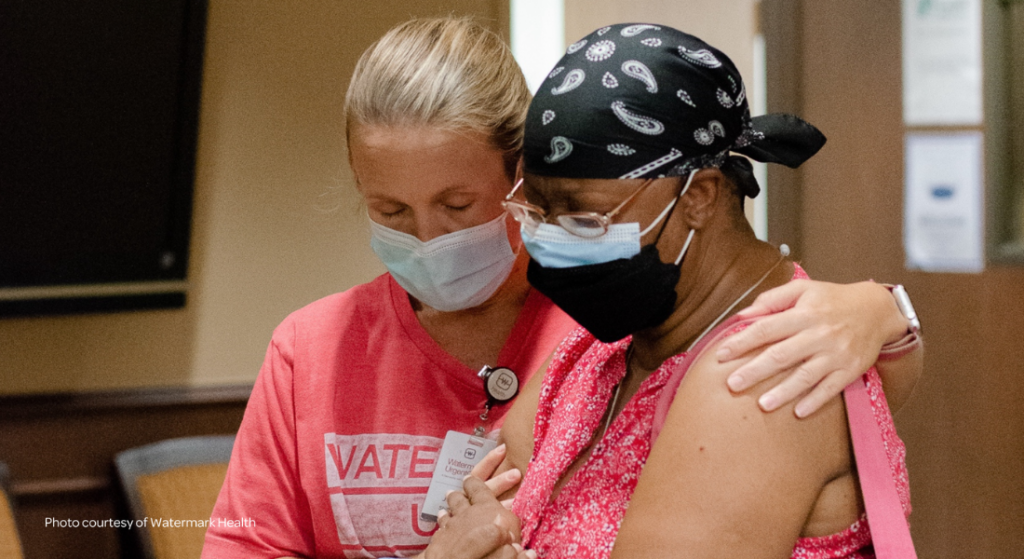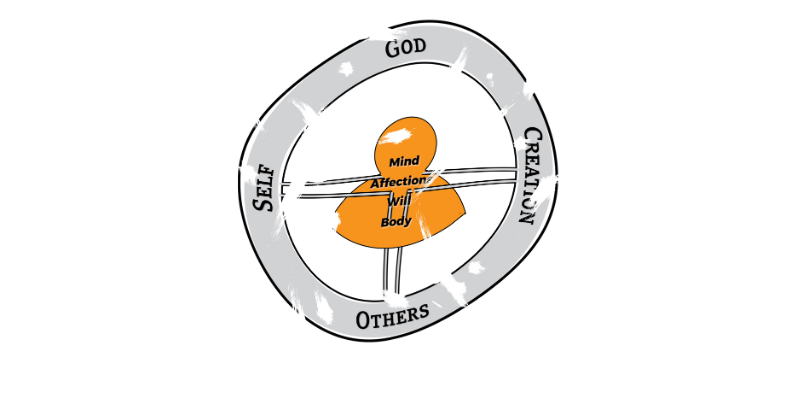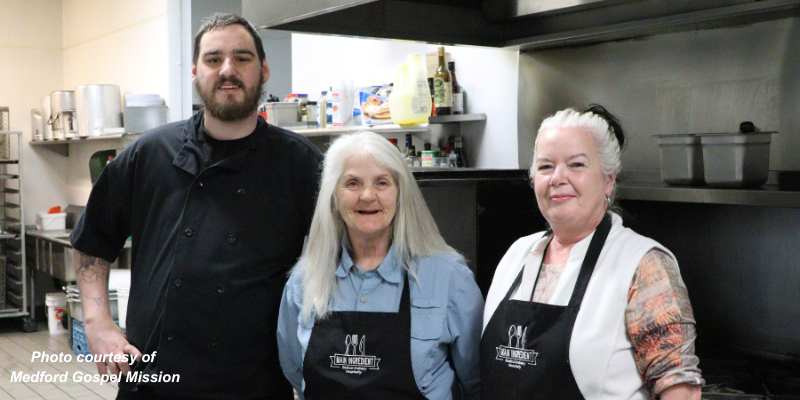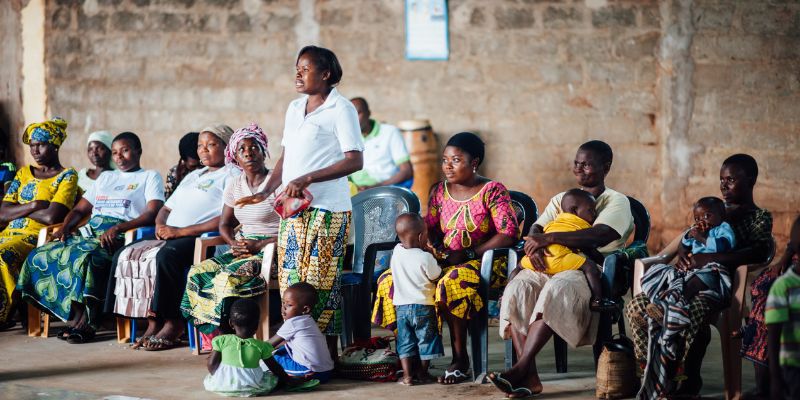Search
Categories
Tags
Posts in “Helping Without Hurting”
Doing All Things Well This Year
The right approaches to poverty alleviation are not quick fixes, but often decades-long processes that you can’t control. That’s why it’s so important to focus on being formed into people who can walk the long road of mutual transformation by the power of Christ.
Praying for Transformation Together
Because all of us are suffering from brokenness in our foundational relationships with God, self, others, and creation, we all need “poverty alleviation,”—just in different ways. As men and women engaged in the work of poverty alleviation, our relationship to those in material poverty should be one in which we recognize that all of us are broken and that all of us need the blessing of reconciliation. Our perspective should be less about how we are going to “fix” those in material poverty and more about how we can walk together, asking God to bring healing to us all.
Five Ways To Empower Older Workers & Volunteers In The Modern Workplace
I became an “older” woman overnight. Let me explain: for fifteen years, I lived in a community with a median age of 65—Naples, Florida. I celebrated my 40th birthday just weeks after moving there.
You’re Not the Hero: Avoiding Paternalism in Short-Term Missions
Healthy, effective approaches to addressing material poverty start by recognizing and celebrating the gifts and resources God has already placed in a community. This can include natural resources, people, families, neighborhood associations, schools, businesses, governments, or individual skills.
Before You Go: Defining Success in Short-Term Missions
As the summer season approaches, many church groups in the U.S. are preparing for short-term mission trips, whether inside or outside the country. They may be thinking through the details of their plans, making travel arrangements and packing lists and prayer sheets, and raising funds.
From Knowing To Doing: How Chalmers Ambassadors Are Helping Ministries Incorporate Helping Without Hurting Principles
Earlier this week Justin Lonas, Director of Foundational Products at the Chalmers Center, hosted a webinar with two of our Ambassadors and two ministries they recently served. During the conversation, Justin shared that the basic premise of the Ambassador program is discipleship. Our purpose in training and sending out Ambassadors is to support churches and organizations as they walk alongside and empower people in their community who are facing the challenges of material poverty.
Living within Your Limits: Building Partnerships for Ministry
As you begin working on launching or refining a church benevolence or other community development ministry plan, you’ll quickly discover you can’t do it alone. Your church or organization can’t provide everything that everyone is going to need on this journey, nor should it!
Helping without Hurting in Holiday Giving: Moving Beyond Handouts
As the holidays approach, many churches and nonprofits undertake large-scale food and resource drives, attempting to tap into the spirit of abundance and generosity that characterizes Thanksgiving and Christmas celebrations in North America.
Understanding Poverty: A Brokenness That Affects Us All
Have you ever stopped to ponder the question, “What does it mean to be poor?” If poverty is rooted in the brokenness of the four key relationships, then the answer becomes clear: we are all affected by poverty. Because of the comprehensive nature of the fall, every human being experiences a form of poverty, a lack of fulfillment in the four key relationships—with God, ourselves, others, and creation. We’re unable to be what we were created to be and miss out on the joy that God intended for these connections. We’re like “square pegs in a round hole,” not quite fitting because we were shaped for something else.
Implications of the Four Key Relationships
In a previous post, we explored the significance of the four key relationships human beings are created to enjoy—with God, self, others, and creation. These relationships shed light on the complexity of human beings and help us unlock pathways toward effective poverty alleviation.
Restored Ministries Restore People: The Story of Medford Gospel Mission
Fourteen years ago, when Jason Bull accepted a position as an Associate Director of Medford Gospel Mission, he realized he needed to learn how to faithfully operate a nonprofit ministry. He remembers, “I didn’t know anything about nonprofit management or working with a board of directors. I had to educate myself!” He began reading various books to sharpen his ability to lead the organization and to faithfully serve the homeless community of Medford, Oregon.
Doing Benevolence Ministry in Your Unique Context
In our Helping without Hurting in Benevolence Ministry training, we share principles and tools to help you build a ministry that leads to real change. But there isn’t a one-size-fits-all solution for every church. In order to create a benevolence program that works for your specific church context, you may need to make adjustments to fit your church’s specific capacity.
Helping End the Orphanage Era
“30,000 Haitian kids live in private orphanages. Officials want to shutter them and reunite families.” This was the headline of an Associated Press article published this summer in over 600 media outlets around the U.S.. It shares how Haiti’s orphanages and children’s homes have long served as a band-aid to more complex problems, such as extreme poverty and lack of access to quality education.
Investing in Change: Helping that Helps
Poverty is a complex issue affecting billions of people around the world. In 2023, the World Bank estimated 3.6 billion people worldwide were living on less than $6.85 per day and over 650 million were living in extreme poverty on less than $2.15 per day 1 If God’s people want to follow the heart of our gracious and compassionate God and take seriously His commands to care for those in poverty (Ex. 23:6, 11; Lev. 19:10, 23:10, 25:35-39; Deut. 15:4-7; Gal. 2:10; James 2:1-7; etc.), we should not let staggering numbers like this pass us by.
Why Poverty Is More than a Lack of Material Resources
Adapted from When Helping Hurts: How to Alleviate Poverty Without Hurting the Poor…and Ourselves.
Defining poverty is not simply an academic exercise. The ways we define poverty—either implicitly or explicitly—play a major role in determining the solutions we use in our attempts to alleviate that poverty.



